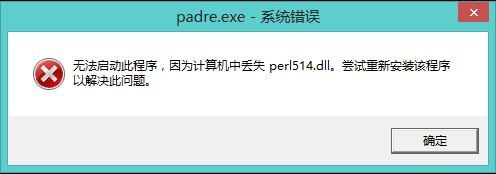split can create list from given string,the format is:
@fields=split /separtor/,$string;
@fields=split /separtor/,$string;
The 'separtor' usually are : or space,and it can be any other charactar/symbol.
@fields=split /:/,":abc:def::g:h::";
foreach(@fields){
print "$_\n";
}
foreach(@fields){
print "$_\n";
}
By default split keeps the 'undef(s)' at the beginning and drops those at the end,into a list.
To keep those at the end,use -1 as the last argument of split.
To keep those at the end,use -1 as the last argument of split.
@fields=split /:/,":abc:def::g:h::",-1;
foreach(@fields){
print "$_\n";
}
foreach(@fields){
print "$_\n";
}
split defaultly handle $_ if no string provided:
$_=" This is a \t test.\n";
my @args=split /\s+/;
foreach(@args){
print "$_\n";
}
my @args=split /\s+/;
foreach(@args){
print "$_\n";
}
If non patten is provided,it takes /\s+/ by default,so the same as blow:
$_=" This is a \t test.\n";
my @args=split;
foreach(@args){
print "$_\n";
}
my @args=split;
foreach(@args){
print "$_\n";
}
join do the oppsite thing from split,it join elements of list into a string.
Format: $string=join $glue,@pieces;
Format: $string=join $glue,@pieces;
my $x=join ":",4,6,8,10,12;
print "$x\n";
print "$x\n";
If the list has only one element,join does nothing; join a empty list gets an empty.
my $y=join " foo ","bar";
print "$y\n";
print "$y\n";
my @empty;
my $empty=join "baz",@empty;
print "$empty\n";
my $empty=join "baz",@empty;
print "$empty\n";
We can split a string into pieces and them join them with other glues:
my @values=split /:/,$x;
my $z=join "-",@values;
my $z=join "-",@values;
m// in list context returns the matches list.
$_="Hello there,neighbor!";
my ($first,$second,$third)=/(\S+) (\S+),(\S+)/;
print "$second is my $third\n";
my ($first,$second,$third)=/(\S+) (\S+),(\S+)/;
print "$second is my $third\n";
/i /g /s can also be used.
my $text="Fred dropped a 5 ton granite block on Mr. Slate";
my @words=($text=~/[a-z]+/ig);
print "Result: @words\n";
#Result: Fred dropped a ton granite block on Mr slate
my @words=($text=~/[a-z]+/ig);
print "Result: @words\n";
#Result: Fred dropped a ton granite block on Mr slate
By default,* + {m,n} are all greedy,which tries to match as much as it can.
We can use their non-greedy mod to just match the least characters.
We can use their non-greedy mod to just match the least characters.
$_="fred and barney went bowling last night,barney won";
if(/(?<names>fred.+barney)/){
print "$+{names}\n";
# fred and barney went bowling last night,barney
}
if(/(?<names>fred.+barney)/){
print "$+{names}\n";
# fred and barney went bowling last night,barney
}
$_="fred and barney went bowling last night,barney won";
if(/(?<names>fred.+?barney)/){
print "$+{names}\n";
fred and barney
}
if(/(?<names>fred.+?barney)/){
print "$+{names}\n";
fred and barney
}
The greedy + works like this:
When it matches fred,going to .+ it eats all the rest of characters except \n at the end. It searches barney from the end,character by character,if not found it throws out one character then search again; if found then match the whole patten,returns.
The non-greedy +? works like this:
When it matches fred,going to .+? it eats the next one character and search barney,if not match eats one more character and search again,until it matches barney it stops eating and returns.
All the non-greedy guys are:
+?*?{}???



